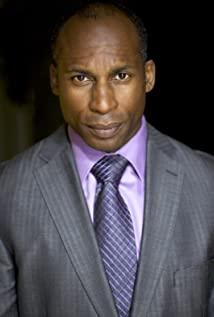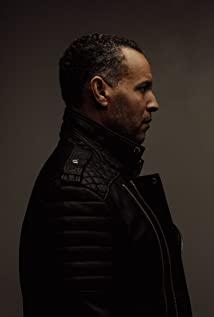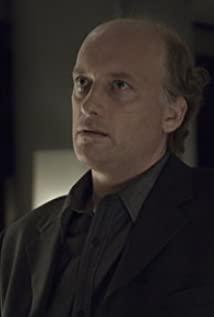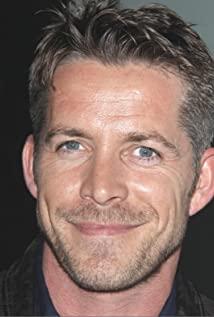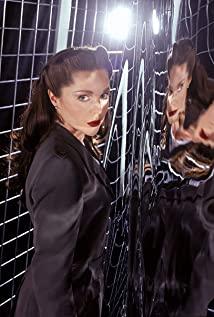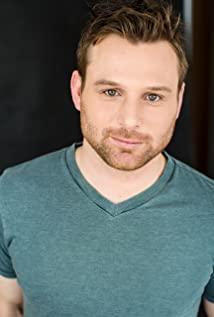-
Shanie 2022-03-13 08:01:01
The Double Betrayal of Loyalty: Wells' Trial and Kafka's Trial
(This article is the final report of a course "From Novels to Movies" I took last semester)
Since the birth of the film, many films adapted from novels have been made, including many famous works. These adapted films have solid textual support from the original works, but after all, movies are an...
-
Destini 2022-03-13 08:01:01
Orson Welles' personal understanding of Mr. K
As a film based on Kafka's original novel of the same name, I don't really like it, at least in some ways, it doesn't quite match my understanding of the original novel, but I do greatly admire Orson Welles for making this extremely The courage to put a personal work on the movie stage, (it is...

Maurice Teynac
-
Marge 2022-03-20 09:03:07
Wells is really awesome. This is the only way that Kafka's novels should be visualized. The crazy alternation of high-angle and low-angle shooting, the contrast between small people and big scenes, the paranoïa edited quickly, infinitely high and open space, everything is just an illusion of social justice and morality. Perkins' casting is perfect, thin, neurotic, powerless, innocent, tragic, natural, but unfortunately gay's temperament is so strong that no amount of kisses can hide it.
-
Esmeralda 2022-03-26 09:01:14
Unimaginable admiration, I am afraid Welles is the closest copywriter to Kafka. In fact, human alienation is only one pole of Kafka's work, which also points to the chaotic structure of bureaucratic society. The studio is the perfect metaphor, a room in the movie that is claustrophobic on the one hand, and completely transparent on the other, watched by countless eyes. The space is as chaotic as The Shining, behind each door is a random microscopic part of the social structure, I can't imagine the storage room in the male protagonist's office area, which will be doubled as a punishment bureaucracy, it is simply Wells' room 237. Another of Welles' wisdom is to make the hero have a self-destructive intelligence. The protagonist of Kafka's works is definitely not a stylized and absolutely passive victim of society, but an infected patient who has given up treatment in a plague-ridden world, a combination of victim, accomplice and communicator; K is reluctant. In the case of becoming an accomplice in his own ending, he can't be superman, and he will never give up being superman, so he accuses the outside world that is accompanied by the same degree of self-denial.
Related articles
-
Joseph K.: I'm sorry.
Miss Burstner: You're sorry, you're sorry, you're sorry. You always keep saying that. Who gives a damn?
Joseph K.: I know. I'm s...
[Joseph K. catches himself and then laughs]
Miss Burstner: What's the big joke?
Joseph K.: I almost said it again. You're right, of course. You're perfectly right.
Miss Burstner: Yeah?
Joseph K.: Nobody gives a damn. I know you don't.
-
Uncle Max: All these fancy electronics, they're all right in their place, but not for anything practical.









